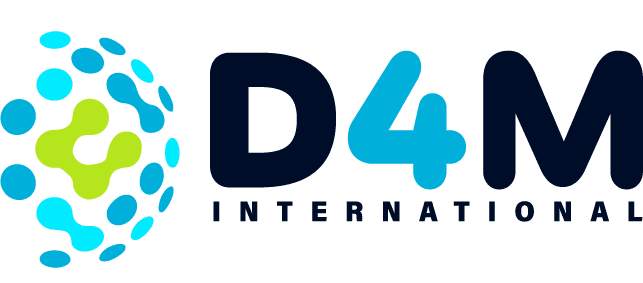Transform Your Manufacturing Game: How Value Assessment Can Supercharge Your Software Rollout
About the Interview
Value assessment refers to the decision-making process for software selection, encompassing an end-to-end procedure with multiple steps. The primary goal is to enhance client value, as satisfied customers are more likely to refer the business to new prospects. In this interview with Chad Decker, Senior Business Consultant at Dassault Systèmes, we discuss the significance of value assessment in planning factory-wide software rollouts. Chad covers the essential steps in this process that are crucial for achieving beneficial manufacturing output.
Chad emphasizes that the heart of value assessment is ensuring you’re doing the right thing before implementation. He explains that the first phase of value assessment involves understanding where the customer stands and identifying their needs. Next, it’s crucial to build a business justification, as projects require time and resources. Discussing solutions and determining a solid plan will then lead to value delivery. Chad highlights that the final step, value realization, paves the way for success in future projects by ensuring that the value of the previously implemented initiative has been achieved.
To conclude, here at D4M, we regularly engage with businesses at various stages of value assessment. These value assessments are offered at no charge to the customer and are usually completed very quickly. Conducting a value assessment is crucial as it allows us to understand the client’s journey, identify their issues and opportunities, and determine how we can assist them.

